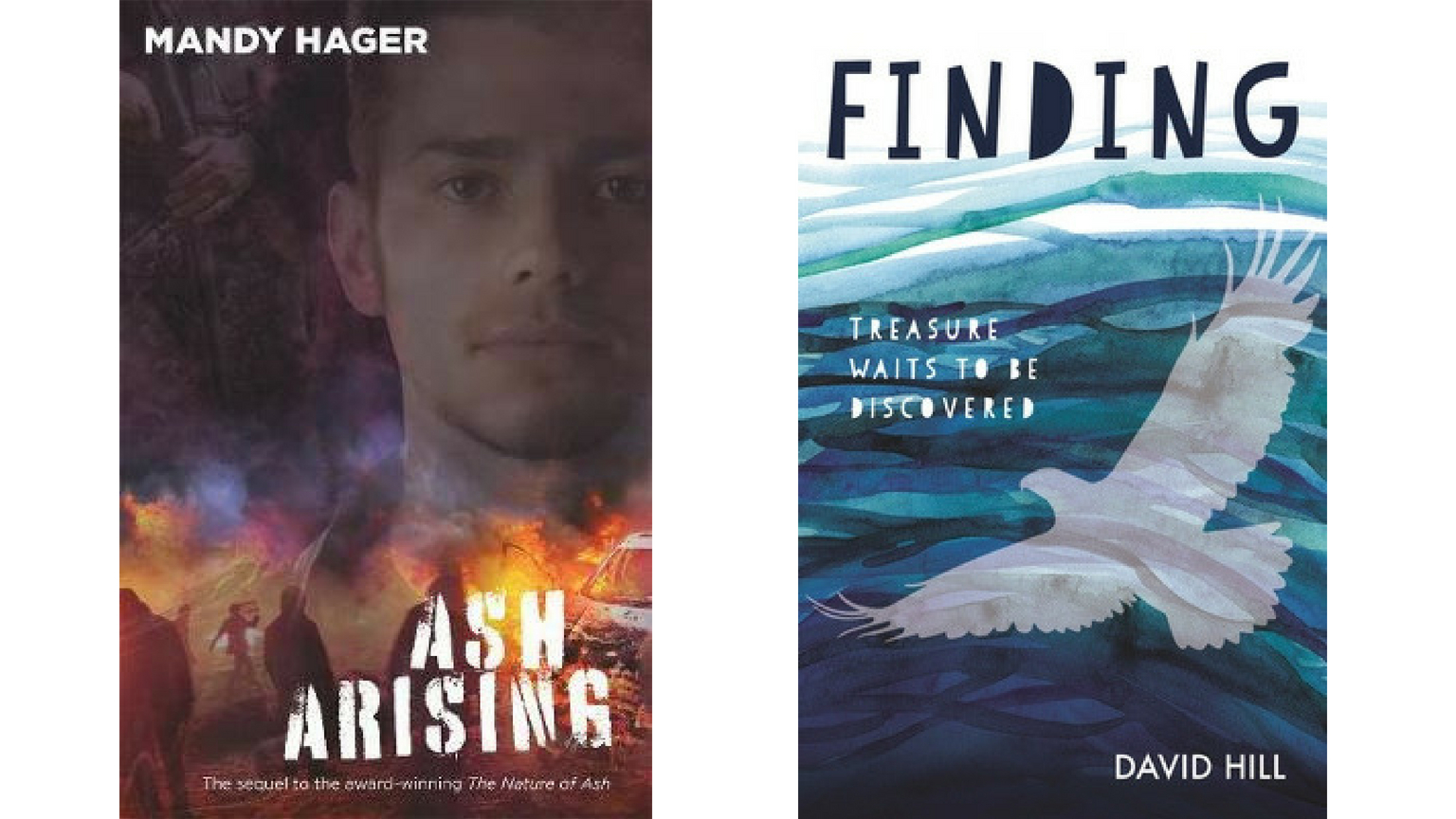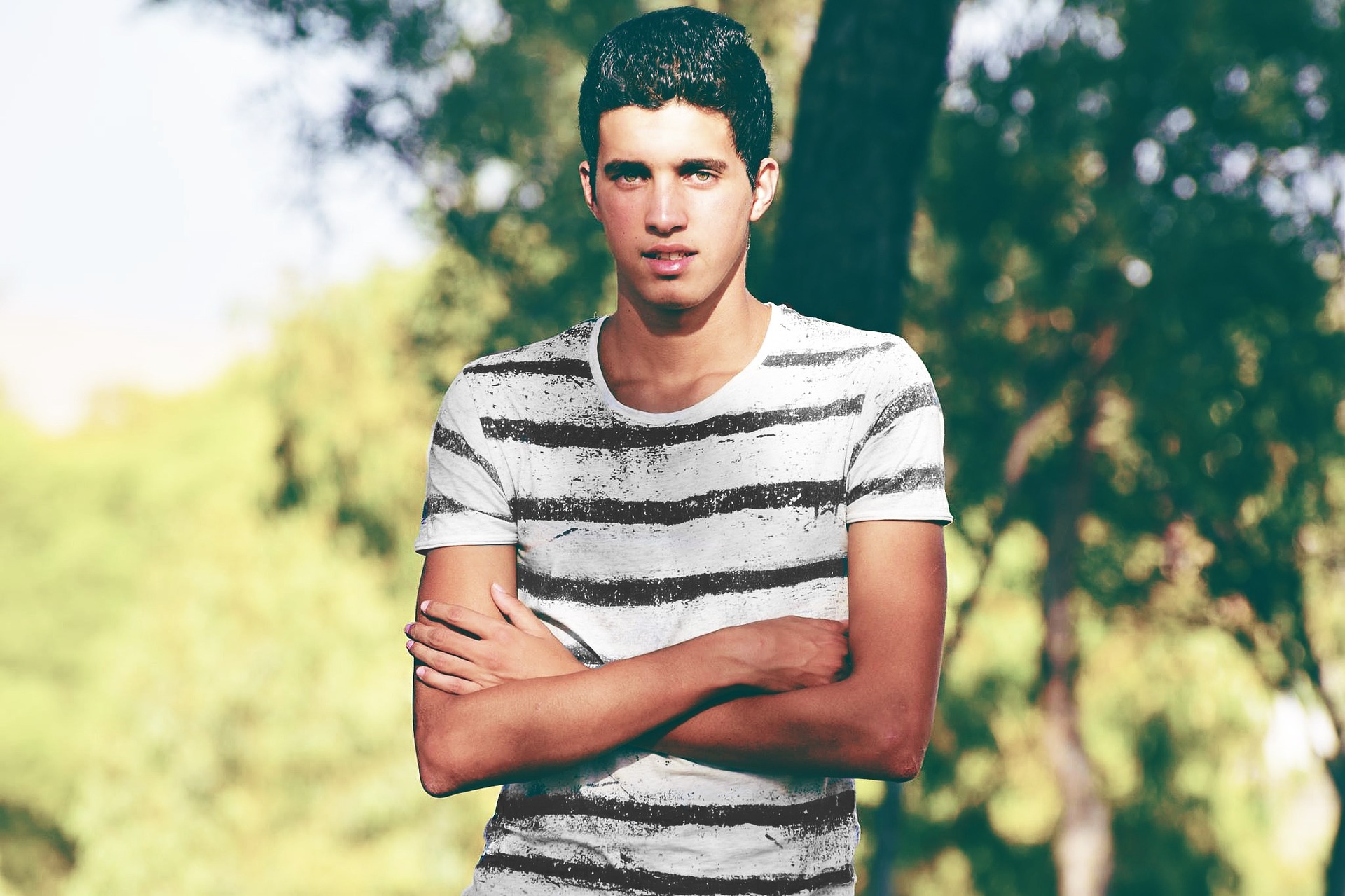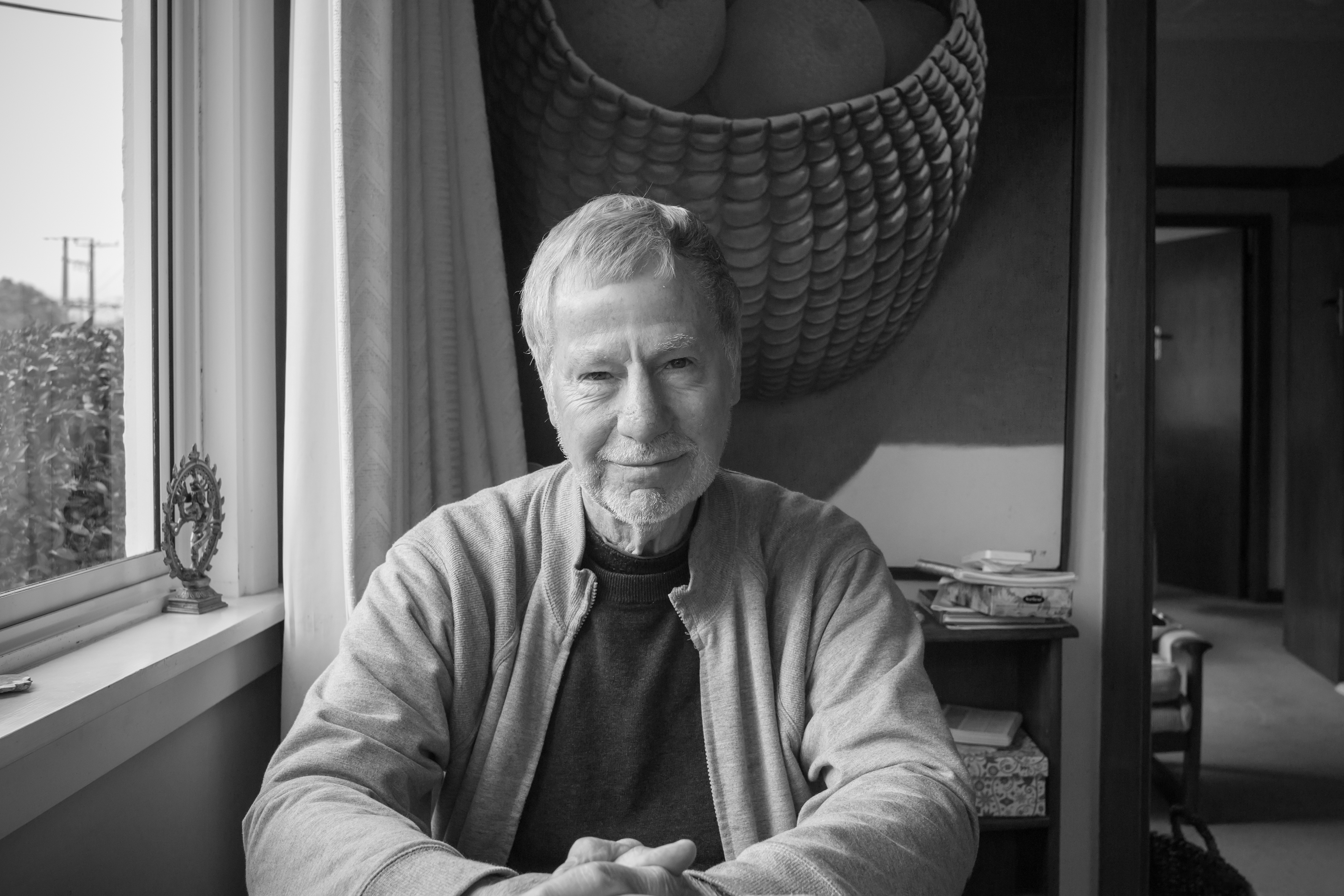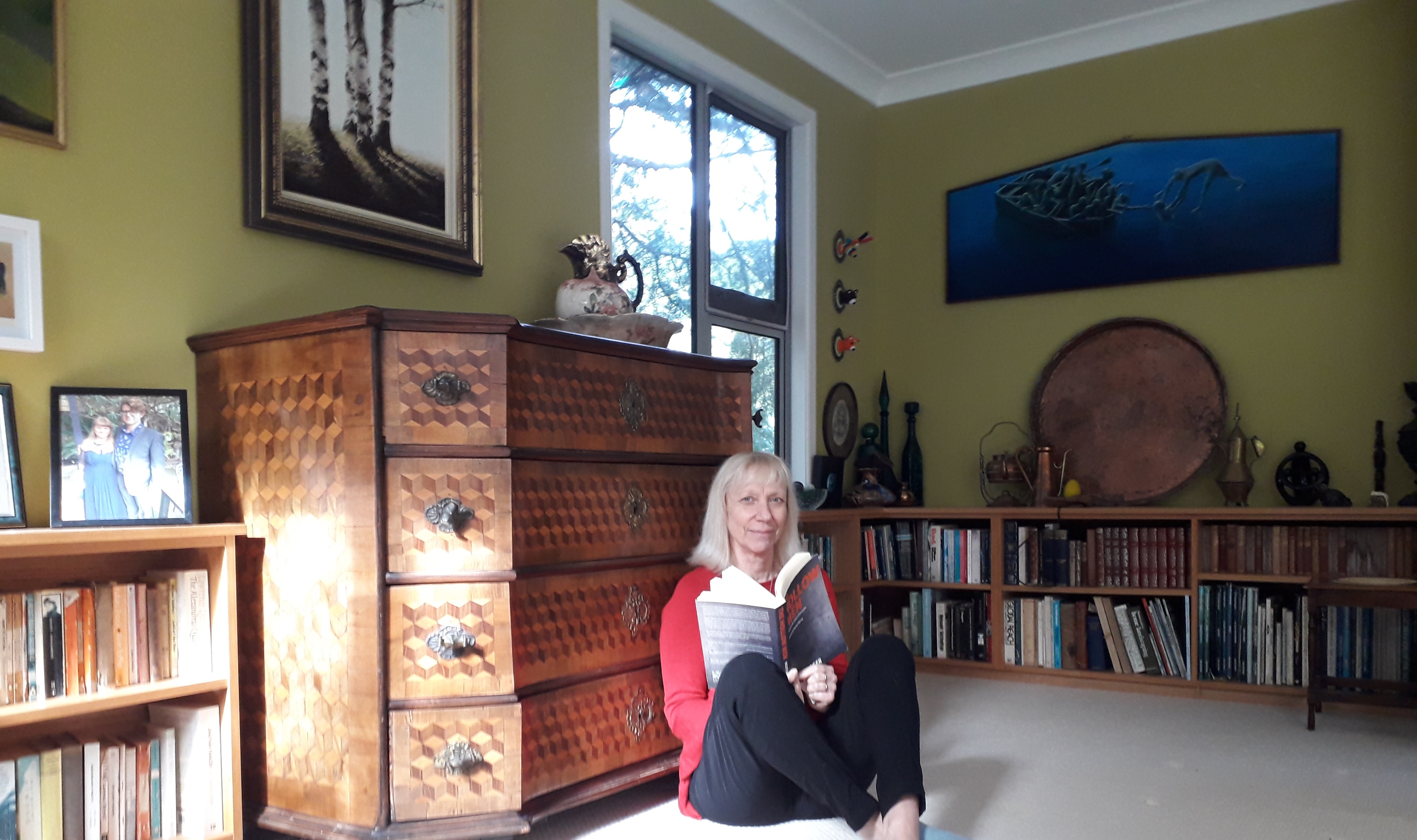In this fascinating insight into the minds of two of our best children’s literature writers, Mandy Hager and David Hill talk to each other about their new books, Ash Arising and Finding, and about writing for teens.

David Hill: Mandy, you’ve written this sequel. I’ve never written a sequel. I feel it involves skills of planning and vision I just don’t have. Did you envisage Ash Arising while you were writing The Nature of Ash? Why did you write this new one, anyway?
Mandy Hager: I had no idea I would be writing a sequel to The Nature of Ash at the time it was first published in 2012, though several readers asked me if I would. But sometime in the next couple of years or so, the idea started prodding at me and I realised there were still things I wanted to resolve about the original story. I especially wanted to look at the idea of what happens after an uprising against a government – how that might be managed and whether there might be new ways to set up a system that could lead to better democratic governance?
I was also thinking more about the fate of Ash’s mother, who was manipulated by an abusive partner and foreign operatives– how she was really a victim and I hadn’t explored that particularly well in the first book. And, of course, I loved spending time with Ash and Mikey, so it was a pleasure to do so again.
M: How about you? Have you had characters or ideas that won’t let you go? If so, who? And did you do anything about it? Why / Why not?
D: I find that in my books, I tend to get the protagonist (who’s nearly always a male, since I’m not good at writing convincingly about females) to a point where his life has changed significantly in some way, where what lies ahead of him will be new and different. I’m happy to leave him and the others there, and not follow them further.
I do get readers asking me ‘Will X and Y stay together? Will Z keep on doing…?’ and I’m delighted for them to decide. I think it involves them in the story; makes it part of them. Yet you could say that I’m ALWAYS returning to characters, in the sense that each of my protagonists is a reworking of me, my son, my grandsons, kids I taught.

D: I can see there would be specific problems in writing a sequel. Tell us some. And are there particular pleasures?
M: The biggest problem is how to cover everything that happened in the first book if the reader doesn’t already know it. In the end we decided to do as much of that as possible in a quick catch-up synopsis at the beginning, with as few references as possible in the actual book. But, of course, there are still times that prior information and context is necessary – the hard part is how to do that without it becoming tedious and breaking the forward action.
It was also hard to ‘find’ Ash’s voice again after three years with my head filled with the voice of a 12th century French nun! The most enjoyable part was reacquainting myself with the characters again and thinking about how the rest of the story would unfold.
It was also hard to ‘find’ Ash’s voice again after three years with my head filled with the voice of a 12th century French nun!
M: In Finding, you must have had continuity issues, as you moved through the different timeframes and generations. How did you tackle it? Did you have any difficulties marrying the different parts together? It certainly comes across as very seamless on the page.
D: “Seamless”: that’s lovely of you, Mandy. I can accept any amount of flattery.
I was lucky, in that the Waimoana Valley gave me a physical framework; the generation gaps between each section let me keep each clear from the others; the passing of time also gave me a sort of temporal frame.
I knew early on that I needed certain objects, tokens and talismans that could be a recurring motif in each section, and hopefully provide continuity. So I introduced the bracelet and bat pendant and hawk. The river is another such motif, and I realised as I began to write that orchard, cemetery, school could be similar reference points. So it was a very conscious process of keeping these features there to try for a sort of structure.
I did keep losing characters. I made a family tree early on (it grew into a family thicket), and I had to keep checking, swearing, adjusting as I realised ‘Hell, where’s Duncan gone?… Oh no, I’ve forgotten Florence!’
I did keep losing characters. I made a family tree early on (it grew into a family thicket), and I had to keep checking, swearing, adjusting as I realised ‘Hell, where’s Duncan gone?… Oh no, I’ve forgotten Florence!’
D: My turn again. In your sequel, Ash is your narrator once more.
He’s a gutsy, vulnerable, credible young man. I find his relationship with his Down Syndrome brother Mikey particularly affecting. “Mikey the Rock”, he calls him. YA and children’s writers get accused of political correctness – especially if their voice is anywhere left of Neanderthal. So….why Mikey? And weren’t you a bit afraid he might steal the show from Ash?
M: I assume you’re talking about the diversity issue that’s become more talked about over the last couple of years? Well, I think The Nature of Ash came along before that debate really got fiery, and I certainly didn’t choose Mikey for any political reason — although I think it’s good that there’s a discussion about more diversity in children’s fiction.
As my kids grew up, we had a family down the street with a Down Syndrome boy who Mikey is roughly based on. Both my kids worked for a time as his ‘home support’ person in their early teens, so we got to understand the issues about his differences up close. It particularly struck me that, while he had difficulties in some areas, he was still just a hormone-driven teenager, wanting to do everything so-called ‘normal’ teenagers wanted to. And he had an older brother who had a lot of responsibility heaped on him as a result, yet who always treated him so lovingly, and I wanted to celebrate that lovely relationship on the page.
As for Mikey stealing the show from Ash – yes, of course he does! Just as the young man he is modeled on has a loud and very funny personality, so does Mikey. I absolutely see the book as much about Mikey as Ash. I think it would be a stretch to consider Ash Arising politically correct — perhaps you noticed Ash’s extreme very subtle use of swearing?!
D: I did, and I was pleased to see it. If our teenage characters don’t swear, we’re probably being untrue to them; we’re giving a sanitised, falsified picture. My “rule” is to include enough swearing to be authentic, but to make sure Plot takes precedence over Profanity. How’s that for the glibbest expression of the century?
If our teenage characters don’t swear, we’re probably being untrue to them; we’re giving a sanitised, falsified picture.
M: I wonder if you had to consider the many potentially tricky political and cultural reactions to the historical events and race issues you raise in Finding? I’m particularly interested in how and why you introduced the mixed-race parentage of several characters. Were there cultural issues you found yourself tip-toeing around as a result?
D: I’m an elderly Pākehā male, and my viewpoint on NZ is accordingly restricted. I did want to make the people in Finding as widely representative as I could, so I read relevant material; I talked to Māori people I know, and most of all, I tried to be as RESPECTFUL to all my characters as I could. I did indeed try to be careful, but I know I’ll have got things wrong. I hope they’re not offensively wrong.

D: Now, I think of one obsessive critic of NZ kids/YA writing who accused us of ‘stealing the reader’s childhood’. Seriously weird. But Ash Arising does have an emphatically dystopian setting and plot. Violent things happen. People are damaged. The good suffer. There’s venality, corruption, brutality. Any comments you want to offer – if you can make sense of the question?
M: I find it interesting that you call it dystopian, when everything that happens in the book is already happening somewhere in the world right now!
I don’t see writing about hard stuff as stealing kids’ childhoods; I see it as empowering them to understand the many moral complexities and difficulties the world will present them with, and offering up empathy and compassion as a way to navigate through. It’s about safe rehearsal and building resilience, and understanding that real life isn’t like a computer game: every act has a potential life or death consequence, and violence and cruelty really damage people – it’s ugly and awful, and that’s why we all have to be vigilant and work at trying to build a better world for all.
In order to fight the darkness, first we have to recognise the darkness and look it in the eye.
In order to fight the darkness, first we have to recognise the darkness and look it in the eye.
M: And what about you? You’ve written about war and death a lot as well. What are your thoughts on the “stealing childhood” accusation.
D: A trite but true formula is that war equals conflict (both political and personal, external and internal), and conflict is always a great way to move and energise a narrative.
As regards the accusation, I think the technical term for such comments is “BULLSHIT”. I agree entirely with what you said above. I also feel that one reason we write for kids and YA readers is because we value their childhoods; we know how rich and precious they can be. I love trying to write stuff which suggests that the world around young people is full of excitement and wonder, even on the most mundane of levels.
D: A brief digression to mention your very-well-received novel for adults, Heloise. Was writing it very different from writing your YA fiction? And how did people react to “a YA author” daring to write adult fiction?
M: It was mainly different because I’d never written a historical novel before, with such a huge amount of research to try and integrate and understand. I felt a lot of pressure, too, mainly because I’d been given such amazing opportunities in terms of the residencies in Menton and then Waikato University and didn’t want to let anybody down. In many ways that was the hardest thing of all, closely followed by having to write sex scenes, which are excruciatingly hard! I also think adult novels allow a bit more space to explore ideas and take the odd diversion. As to a YA author ‘daring’ to write for grown-ups… reactions have been ‘interesting’!

M: You’ve also written across the age range. Do you find you do things very differently for each particular audience? Are there things you would write about for an older audience that you wouldn’t for children or YA? If so, what, where, when? Discuss!
D: First, I’ll say that I don’t find the shift from one audience to another a big problem technically. I tend to picture a specific person in the relevant age group, and write ‘the best possible letter’ (John Irving’s lovely phrase) to him/her.
In terms of subjects, It’s not so much What but How. I’ll touch on nearly all subjects for younger audiences, but the degree and tone are different. It’s a case of continual fine-tuning and degrees of detail, picturing that specific reader’s face and how s/he would react. And I try to imply something positive: it CAN be handled; there IS a way out.
The only topic I feel unable to touch on with younger readers is Mutilation. Things like dismemberment, gross disfiguration, etc. Partly because I think their own bodies seem so special to them, and the image of self matters so much. How… curious of me.
D: While we’re on such issues, a lot of your fiction seems to assume that political and/or environmental issues matter, that YA readers should be aware of these issues. Heavens above, Mandy, do you want your readers to think?
M: Damn right I do! And I’m always really cheered by how much young people want to discuss issues that matter and how compassionate and moral they are.
I’m always really cheered by how much young people want to discuss issues that matter and how compassionate and moral they are.
Young people today (oh my god, that makes me feel so old!) have so many enormous issues they’re going to have to navigate — bigger and more serious than someone of my generation can ever possibly imagine. I think to encourage young people to take an active interest in their local and global community and feel they have agency in these worlds is the most important thing any of us can do.
M: And what about you? Do you have burning issues that you find yourself returning to in your writing? What drives you to write about the things you do?
D: It’s smug and evasive to say I start with people rather than issues. But I guess it’s true that I start with a person in a particular situation, and wonder what that would do to him/her. I know that friendships (and love and family loyalty) feature a lot in my stuff; I believe they shape and give meaning to our lives. I find it helps make a plot if I put a character in a situation where these values are tested. I’ve sometimes said I like putting ordinary people in extraordinary situations, as you do with Ash. AND I reckon we both write because we’re Peeping Toms (you’re a Peeping Thomasina, Mandy). We’re fascinated, appalled, delighted by what goes on in lives.
D: Are you sometimes surprised by who your readers are? (I’m thinking of the number of adults who read YA books – good on them). And by their responses?
M: I try to write books that can be enjoyed as much by adults as a YA readership, so I’m not necessarily surprised, but always delighted when an adult also enjoys them. I am sometimes surprised (and humbled) by emails from young readers who feel moved to share their life stories with me as a result of reading one of my books. It’s a great privilege.
I am sometimes surprised (and humbled) by emails from young readers who feel moved to share their life stories with me as a result of reading one of my books. It’s a great privilege.
D: I’m intrigued by the number of adults who read some of my historical (as in more than 10 years ago) stuff. It’s sometimes about the years when THEY were kids, so I guess that appeals. And I do think a number of adult readers like the strong narratives of most YA fiction, as opposed to the more experimental, plot-light quality of some contemporary adult fiction.
D: The question which always pressures an author, but which everyone wants to ask… What are you working on now?
M: I’m just finishing a non-fiction text book that explores four pivotal moments of NZ history: votes for women, the Dawn Raids, the 1981 Springbok Tour and the bombing of the Rainbow Warrior. It’s been fascinating. After this, I have two more YA books fighting for my attention – not sure yet which one will win!
D: I’ve been flailing away at a novel for 9-14-year-olds, set in the Pacific Islands during WW2. And I do enjoy doing short stuff – reviews, essays, literary-type stories for obscure magazines. So I continue to peck at those. We’re lucky, aren’t we, Mandy? Our work is so often our pleasure.
M: I agree one hundred percent!
D: We’re lucky, aren’t we, Mandy? Our work is so often our pleasure…
M: I agree one hundred percent!

David Hill
David Hill is a prolific and highly regarded New Zealand writer, playwright, poet, columnist and critic. Best known for his highly popular and award-winning body of work for young people, ranging from picture books to teenage fiction, his novels have been published all around the world and translated into several languages, and his short stories and plays for young people have been broadcast here and overseas. He reviews books on Radio NZ, and across a wide range of print media.



